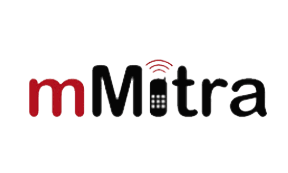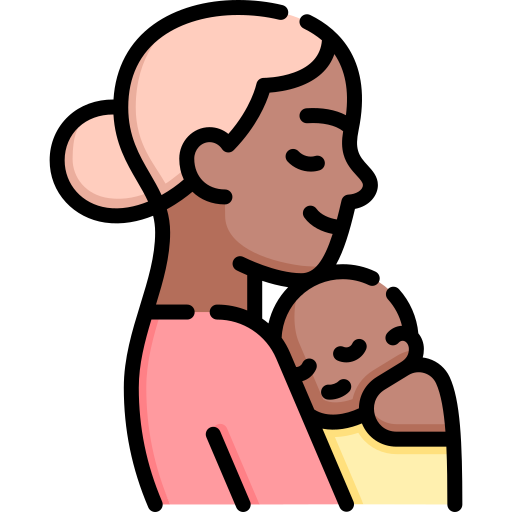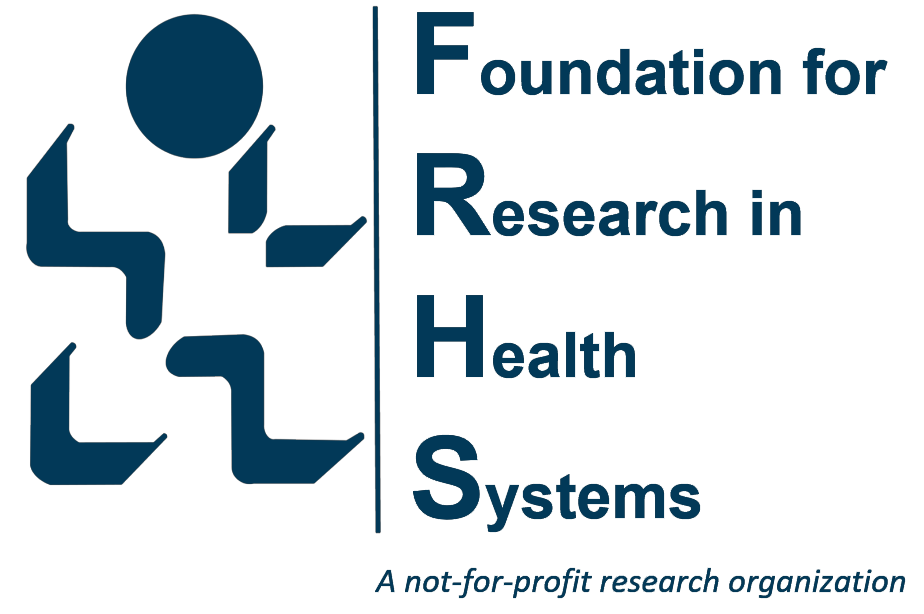Impact of mHealth message service (mMitra) on maternal health of women from low income group in India: Findings from a Randomized control trial
Recognizing the tremendous potential mobile phone has to reach the population to improve their knowledge and treatment seeking behaviour, the Mobile Alliance for Maternal Action (MAMA) [2011-2014] aimed to improve the health and wellbeing of pregnant women and their new-born’s through age and stage-based messages delivered via mobile phone.
The MAMA Indian chapter, in partnership with ARMMAN, delivers mobile messaging service called mMitra, which aims to help pregnant women in urban slum areas to improve self-care and treatment during pregnancy and infant care aims to drive appropriate changes in behaviour of women and their family members especially to reduce anaemia among women and low birth weight among new-borne.
FRHS did the impact evaluation of mMitra, using prospective cohort approach. The study enrolled 2000 pregnant women, 1500 of whom received the voice message and 500 women, who were interviewed 3 times: once when they enrolled; next, after delivery, and again when the child attained one year of age.

FRHS designed the evaluation study, developed appropriate instruments for data collection, trained investigators in data collection in urban slums of Mumbai and also undertook data analysis and report writing and participated in the writing scientific papers, accepted for publication in BMJ.
Project's Specific Objectives

To assess the changes in women’s mother-care and child-care knowledge and practices as a result of their exposure to mMitra

To Examine the extent of improvement in the two targeted outcomes namely, anaemia during pregnancy and birth weight of infants among the users of mMitra

To find out what women appreciate/ do not appreciate about mMitra and what suggestions they have for its improvements.


